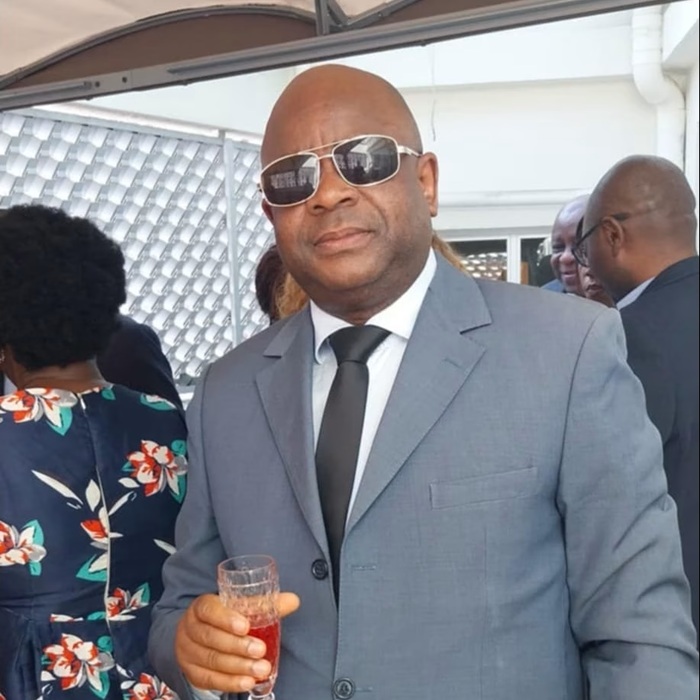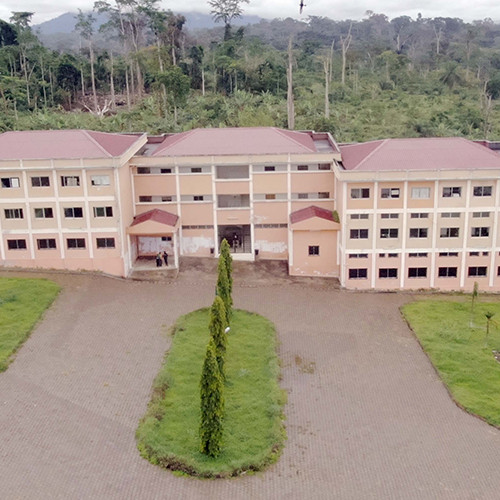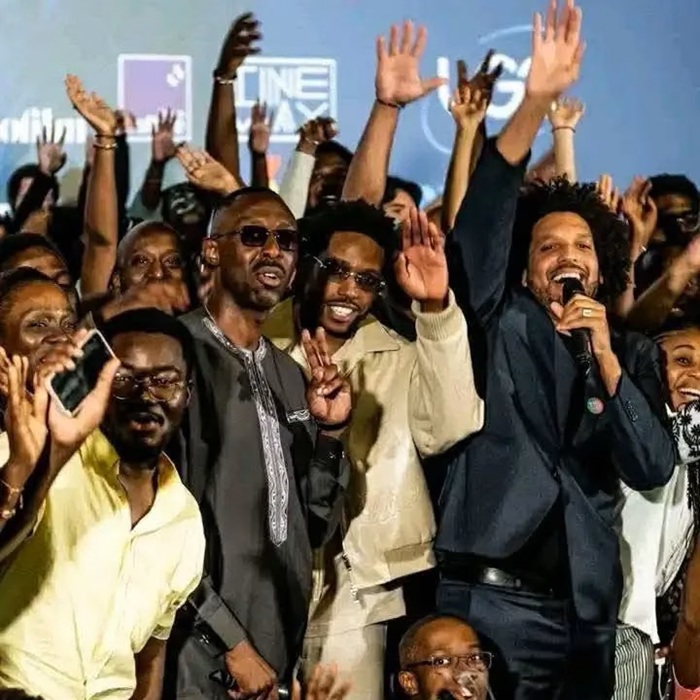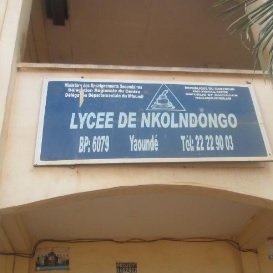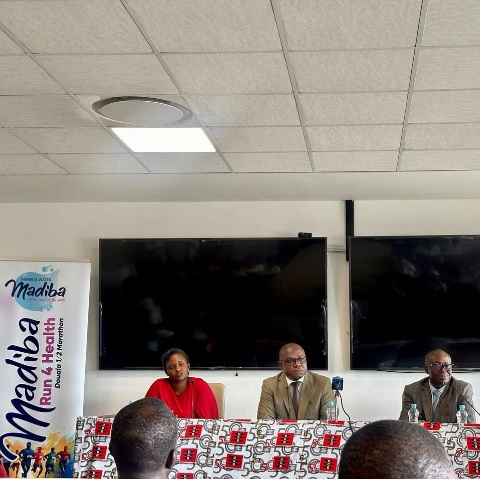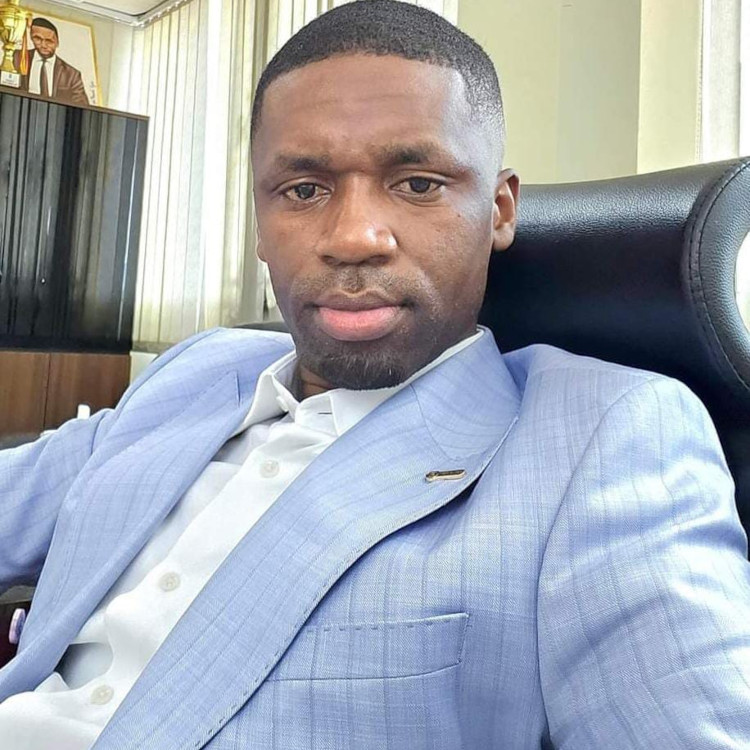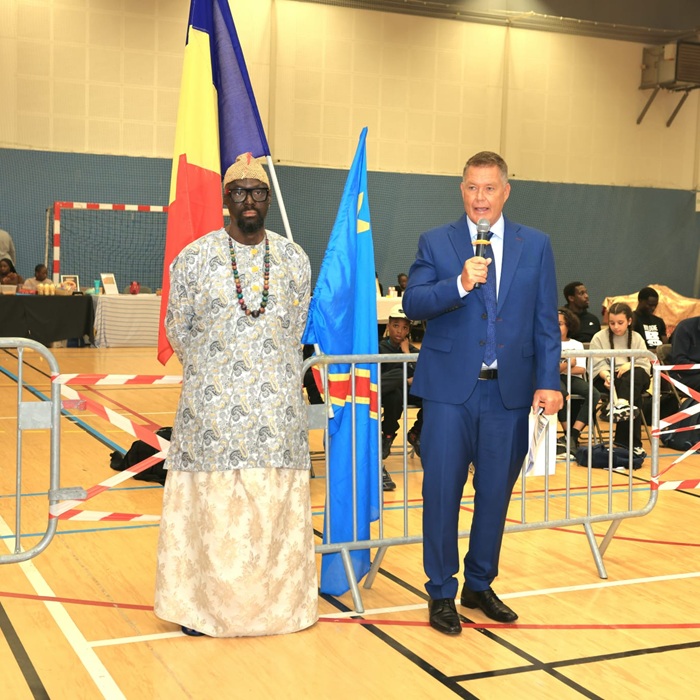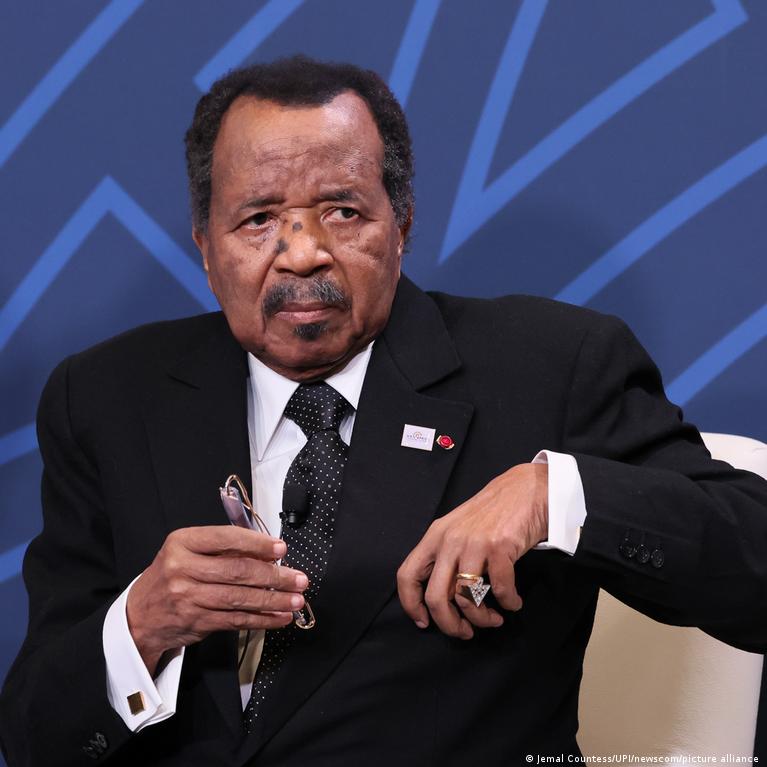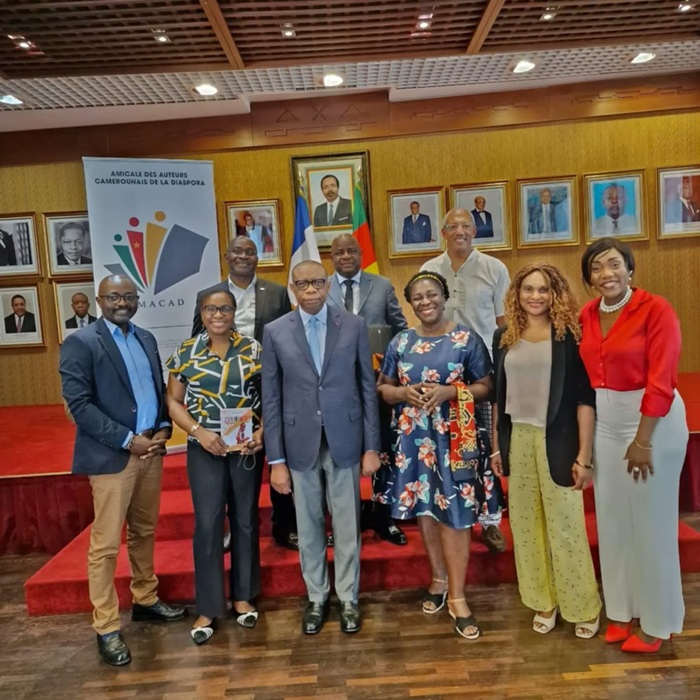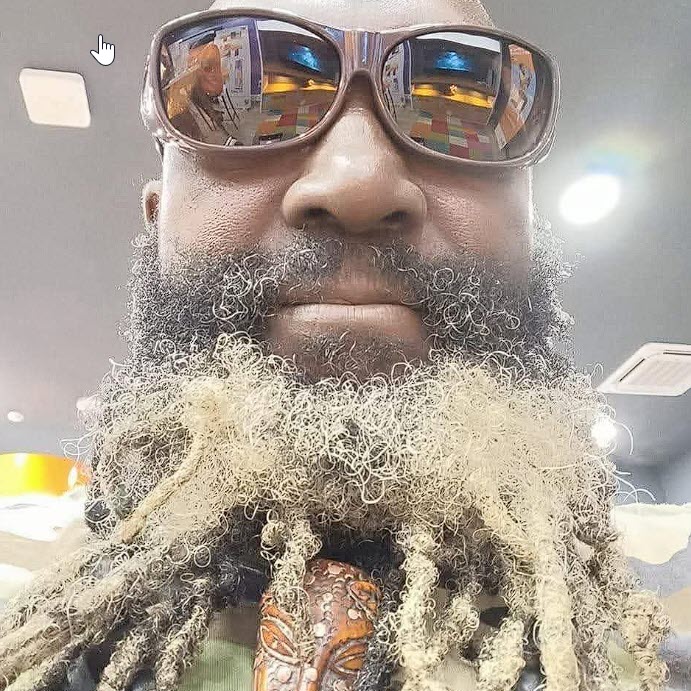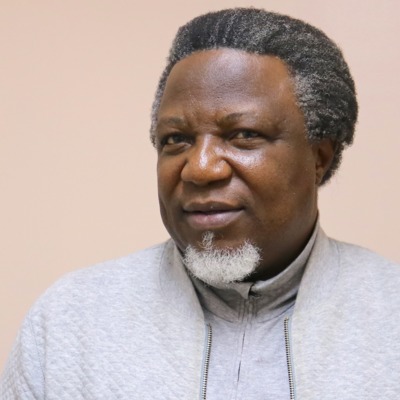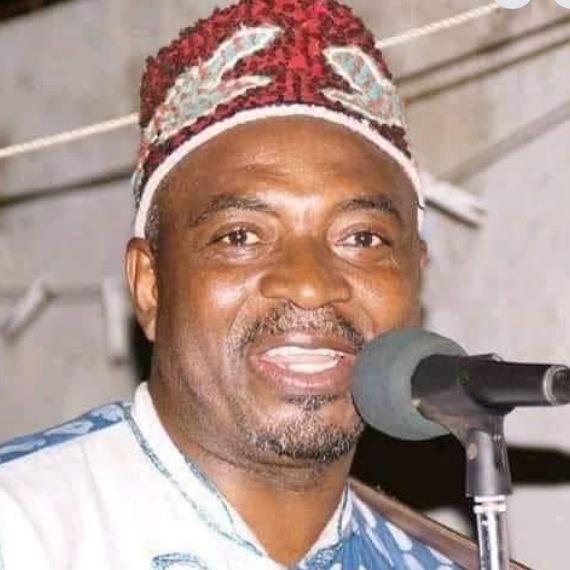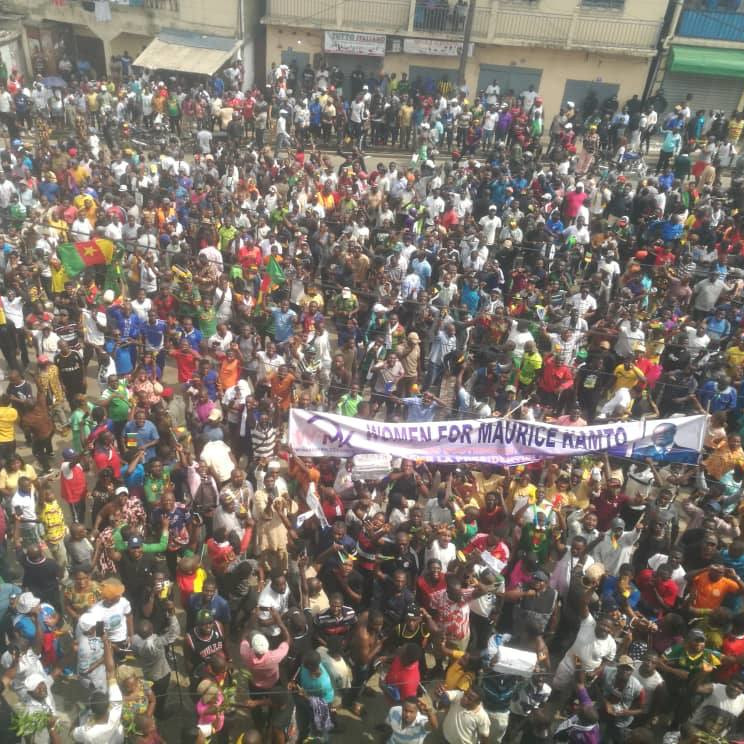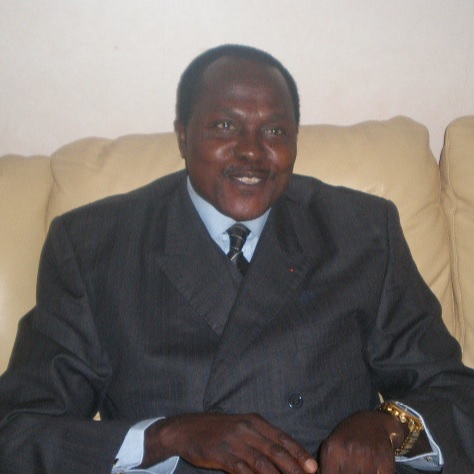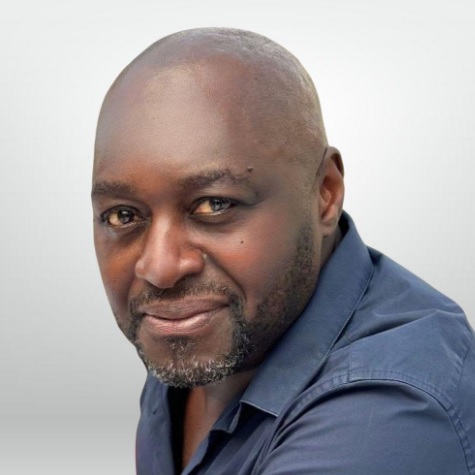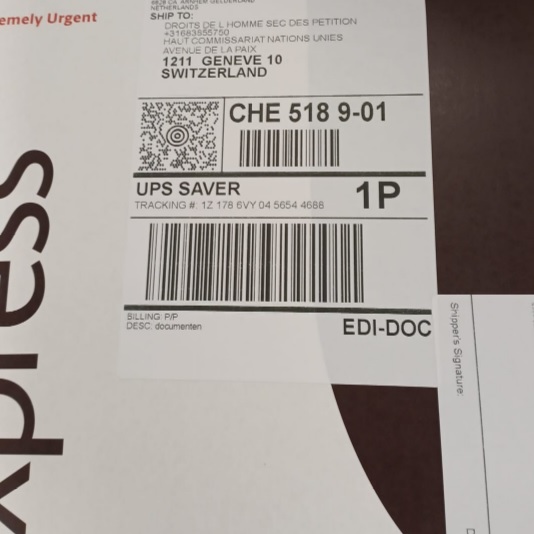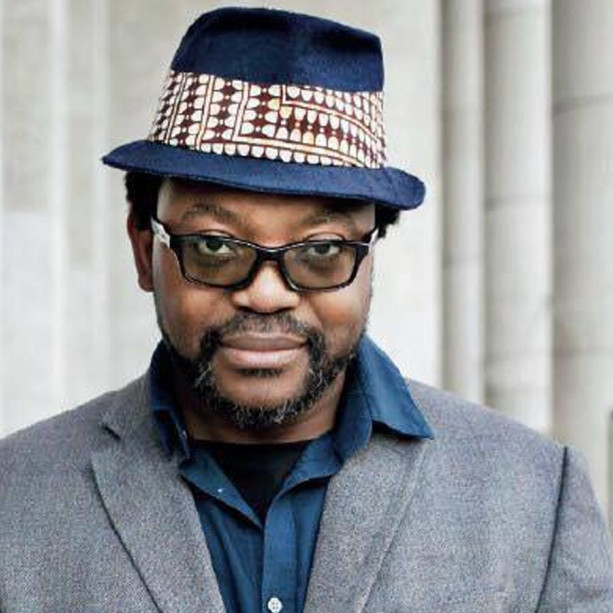

-
© Camer.be : Franck BAFELI Avec WWF
- 31 Oct 2016 19:54:09
- |
- 4301
- |
CAMEROUN :: Cameroon: WWF organizes training eco-guards on respect of human rights
Over 100 eco-guards drawn from the South, East, and South West regions of Cameroonhave been trained on respect of human rights in the application of wildlife law during anti-poaching operations.
Held in Bertoua, East Region of Cameroon from October 27 to 28, experts from the National Human Rights Commission and the Cameroon Bar Council drilled eco-guards on international legal instruments on human rights ratified by Cameroon, the respect of rights of indigenous people, the responsibility of the state and disciplinary measures applicable to civil servants and other state agents.
The Human rights training came at the backdrop of accusations by some NGOs against MINFOF and WWF of condoning violations of rights of indigenous Baka people during anti-poaching operations.
The 2016 report of the UN Special Rapporteur on the rights of indigenous peoples identified Cameroon as one of the countries in Central Africa that regularly violates the rights of indigenous peoples through conservation activities, especially the creation of protected areas.
In the execution of their duties eco-guards are faced with the challenge of exercising restrained even when attackedby hostile communities. In some cases wildlife crime suspects have opened fire oneco-guards, wounding and killing some of them. But ObamObam Pierre, Inspector General at MINFOF, sayseven when caught red-handed, a suspect has rights that must be respected. “Any eco-guard who violates the rights of suspects can be subjected to disciplinary action or even charged to court,” Obam said. “Eco-guards must respect the dignity of suspects whilestrictly applying the law. “We noticed this violation and decided to organize this seminar,” Obam said.
The training seemed to have gone very well with the eco-guards. David Mpam an eco-guard working in Lobeke National Park, whose leg was butchered by a suspected poacher in 2009, says he found the training very enriching. “We now understand some of the fundamental rights of suspects and we will henceforth do more sensitization,” he said. He stated however that eco-guards have shown self-restrain citing his case.
“Before this seminar, we were groping in the dark, as far as human rights are concerned,” said Sidonie Assene, a female eco-guard working for Nki National Park in the East Region of Cameroon. “We now know how to go about it and shall endeavor to raise awareness and convince local people to support conservation,” she said.
WWF provides logistics and financial support to MINFOF in the planning and execution of anti-poaching operations. But the conservation organization adheres strictly to the respect of human rights. “WWF principles on indigenous peoplesunderscores respect for human rights,” said Dr. Hanson Njiforti, National Director of WWF Cameroon. “We have made it clear to our partners that they must ensure that
human rights, especially the rights of indigenous peoples, must be protected and respected at all times and in every activity they are carrying out. This training re-echoed and emphasized just that,” Dr. Njiforti said.
The training was organized by WWF and Cameroon’s Ministry of Forestry and Wildlife (MINFOF), was financed by the POLIFUND project implement by GiZ on behalf of the German Federal Ministry of Economic Cooperation and Development.
Lire aussi dans la rubrique SOCIETE
Les + récents
Mentalité « Je gagne quoi » : l'aliénation capitaliste du débat politique camerounais
POURQUOI CERTAINS ARTICLES DEVIENNENT PAYANTS ?
Diplôme ISABEE Ebolowa rejeté : le paradoxe des chômeurs formés par l'État camerounais
LE FILM INDOMPTABLES DE THOMAS NGUIJOL, UN POLAR A LA CROISEE DES DOULEURS SOCIALES
Le Pouvoir des Énergies Invisibles de Sandjon "CHIVAzz CEEBOR-G" didier
SOCIETE :: les + lus
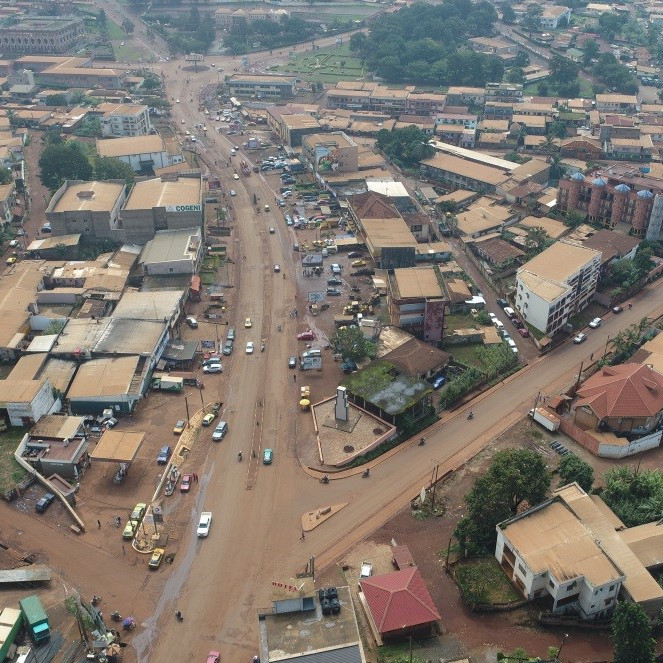
26 élèves surpris en train de tourner un film osé à Bafoussam
- 30 April 2015
- /
- 1007034

Brenda biya sème la terreur en boîte de nuit à Yaoundé
- 15 July 2015
- /
- 545967

Menacée de mort par sa famille car elle est lesbienne
- 03 March 2016
- /
- 432686

Oyom-Abang : une femme marche nue à Yaoundé VII
- 09 July 2015
- /
- 383388

LE DéBAT




Afrique : Quel droit à l'image pour les défunts au Cameroun ?
- 17 December 2017
- /
- 199461

Vidéo de la semaine
évènement


